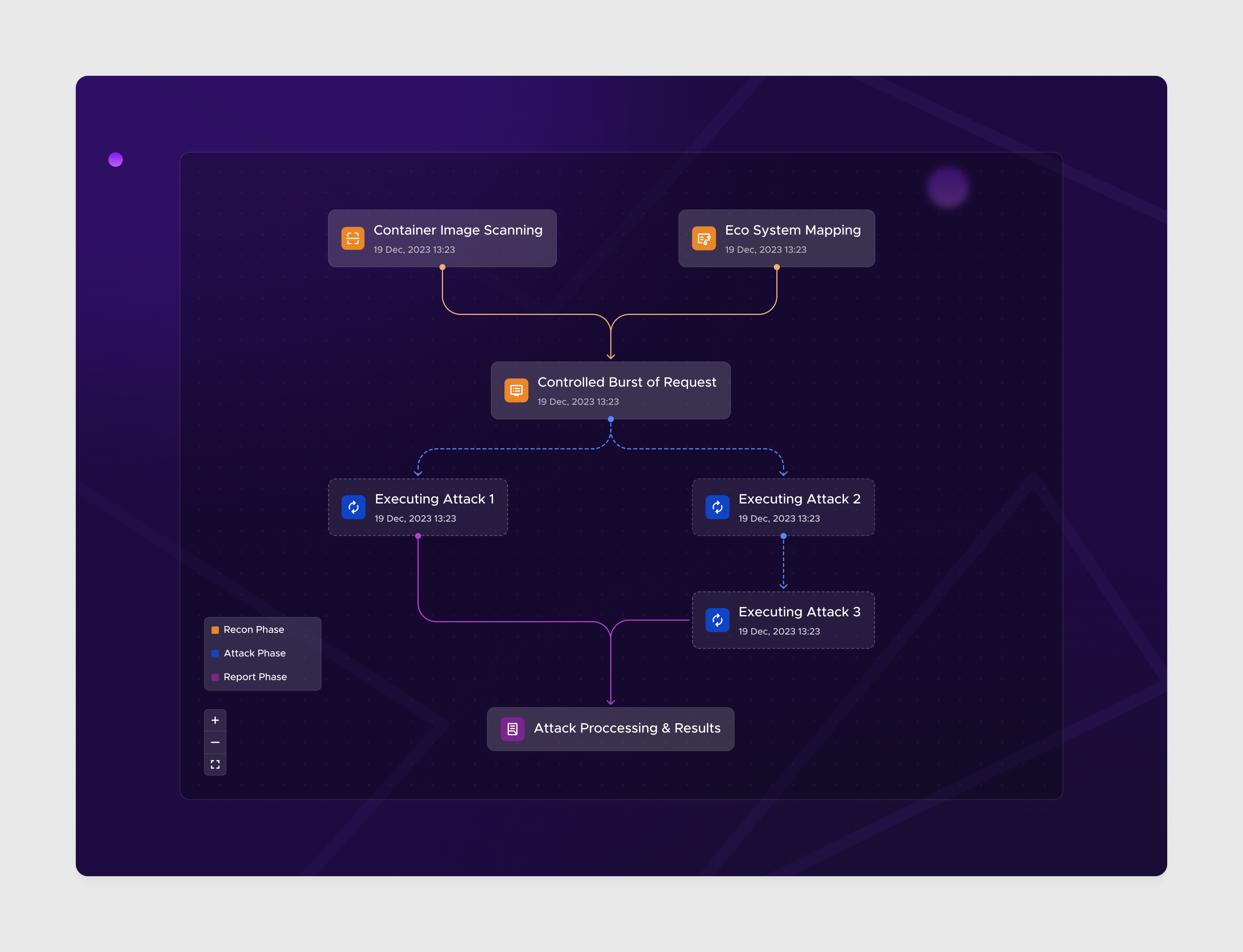
Multiple shocks to global supply chains brought about first by the pandemic and more recently by Iran-backed Houthis targeting cargo ships in the Red Sea have shown there’s a need for greater resilience in global shipping. At the same time, the pressure to reduce both costs and carbon footprints continues apace. Quietly, investors are eyeing up tech platforms for ports and cargo ships, which could prove to be a very savvy investment.
There are already several signs this is happening.
Most recently, Portchain — a Danish startup that claims to be a “neutral exchange” for cargo ships and ports, has now raised a $5 million “Seed+” funding round from Angular Ventures. Other investors include MK Ventures, and several former shipping executives.
Portchain works by facilitating constant communication between a cargo ship and a port, acting something like air traffic control to make sure that a ship arrives just at the right time to be docked, rather than waiting outside the port, burning fuel, polluting the atmosphere and racking up costs.
CEO Niels Kristiansen explained the problem to me thus: “The top 10 carriers represent 85% of global volume. But carriers and terminals operate in a very different way. Carriers know how carriers operate and they don’t know enough about how terminals operate, and vice versa. So what happens is that the carrier will arrive at a terminal and will say ‘I have this data system’. And then the terminal says, ‘You’re a carrier so you don’t know how I operate’. In the end, both end up sharing and planning through email, phone calls, and WhatsApp. It’s a mess.”
Instead, long before they’ve reached their destination, Portchain allows ship captains to adjust their speed in order to dock just at the right time, just like a plane landing at an airport. In the meantime, this removes the need to update spreadsheets, emails and PDF documents (which is how many systems are run today).
Portchain claims that as a result, CO2 emissions of up to 14% can be saved, with no modification to the vessels — significant since it is estimated that shipping burns over 117,800,000 tonnes of fuel annually.
And neutrality in these systems is important. Although shipping giant Maersk launched the “Tradelens” project in 2018, it hit problems when it needed rival firms to share data. The venture subsequently shut down last year.
Portchain now claims to have signed up 90 container terminals globally (20% of the world’s terminal capacity) and has signed a five-year agreement with Hapag-Lloyd, the fifth largest shipping line.
However, Portchain isn’t the only player in this field, which is clearly heating up.
PortXChange, which is based in Rotterdam, spun out as a separate project from the Port of Rotterdam and became an independent company in 2019. Its strategic partners include Shell and Maersk.
Heyport in Hamburg was funded and incubated by the local German port operator HHLA.
Then there is Awake.ai, headquartered in Finland.
Awake has so far raised a total of around $12 million according to CEO Karno Tenovuo. He and his team were formerly part of a Rolls Royce unit which looked at “smart shipping.”
With Finnish government funding, Angel and EU backing (but not VC to date) Tenovuo said: “Last year we launched what we call the “Amazon for ports.” This is marketplace functionality. Carriers and ports are using emails and phone calls. So we got funding from the EU to develop this product, which automates the buying and selling of Port services and reporting and invoicing.”
“We match the buyers and sellers automatically. We predict where those products or services are needed then we can recommend all the optimal arrival and departure times and tell the shipping companies what’s their impact in fuel costs emissions,” he added.
However, he said there is “not a lot of overlap” between Awake and Portchain.
Meanwhile, the International Maritime Organisation has regulated that there needs to be a “national single window” for when ships enter an area controlled by a nation. That means more and more technology will have to be employed to assist both carriers and ports.
As Tenovuo says, this “single window” will mean there will be a huge need to “link all the services.”
So, for now, it’s likely that these kinds of services will continue to launch, and continue to keep investors interested.


